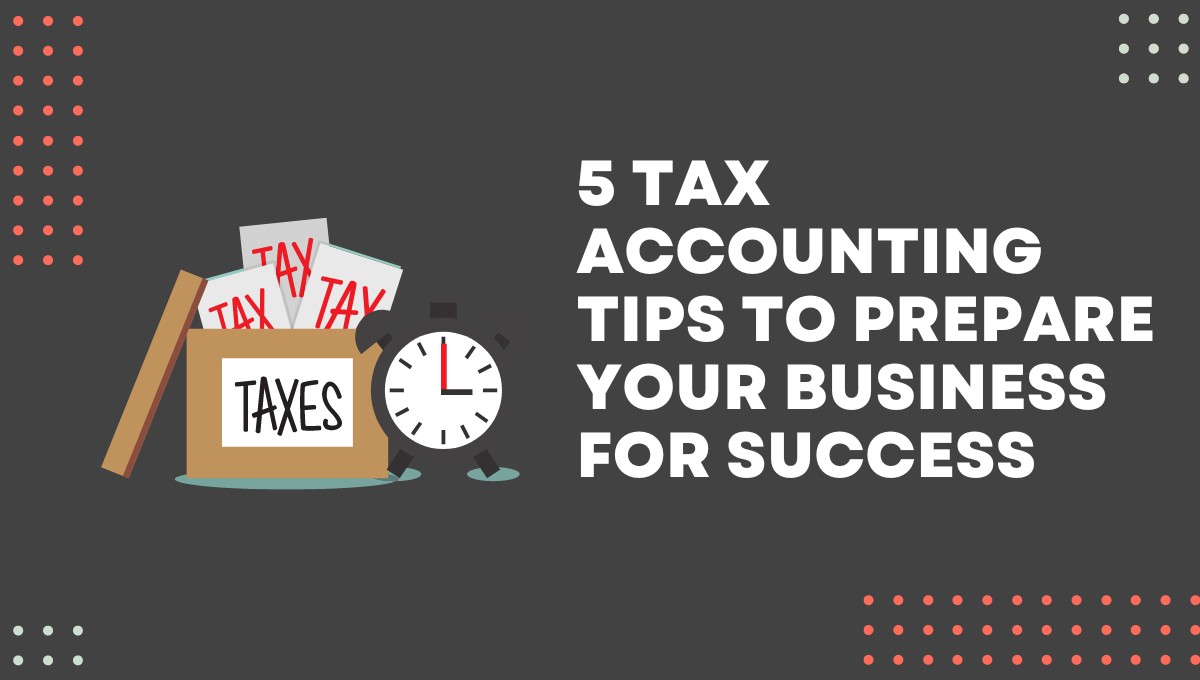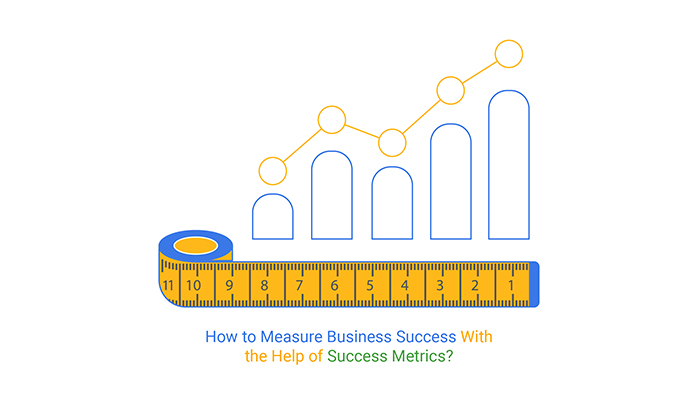Navigating the world of business taxes can often feel like a daunting task, a complex labyrinth of forms, deadlines, and ever-changing regulations. Yet, for every business owner, preparing for tax season isn’t just a compliance exercise; it’s a critical component of sound financial management that can significantly impact profitability and long-term sustainability. Approaching tax preparation with a proactive, organized mindset, rather than as a last-minute scramble, can alleviate stress, minimize errors, and, most importantly, ensure you capitalize on every legitimate opportunity to reduce your tax liability.
The cornerstone of effective tax preparation lies in **meticulous record-keeping**. This isn’t a task to be relegated to the weeks before the filing deadline; rather, it should be an ongoing, year-round practice. Every financial transaction, from the smallest office supply purchase to large equipment acquisitions, needs to be documented. Think of your records as the narrative of your business’s financial life, and for tax purposes, this narrative must be clear, complete, and verifiable. This means maintaining organized systems for invoices, receipts, bank statements, credit card statements, payroll records, and any other document that substantiates your income and expenses. Whether you opt for digital solutions like cloud-based accounting software or a well-structured physical filing system, consistency is key. Disorganized records not only make tax filing a nightmare but can also raise red flags during an audit, potentially leading to penalties and a much more stressful experience.
Once your records are in order, the next crucial step is to **understand your business’s income and expenses thoroughly**. This involves categorizing all financial transactions precisely. Income sources might include sales of goods, services rendered, interest earned, or even capital gains from asset sales. On the expense side, the possibilities are numerous, and identifying every eligible deduction is where significant tax savings often lie. Common business deductions include rent for your office space, utilities (electricity, internet, phone), advertising and marketing costs, salaries and benefits paid to employees, business insurance premiums, professional fees (for accountants or lawyers), travel expenses, and even home office expenses if you work from home and meet the IRS criteria. It’s essential to understand what qualifies as an “ordinary and necessary” business expense – meaning it’s common and accepted in your industry and helpful for your business. Overlooking legitimate deductions is akin to leaving money on the table, directly impacting your bottom line.
Beyond the basic income and expenses, business owners should actively engage in **tax planning throughout the year**. This proactive approach involves strategizing to minimize your tax burden legally. For instance, consider your business structure: are you a sole proprietorship, partnership, S corporation, or C corporation? Each structure has different tax implications, and what might have been suitable when you started could be less advantageous as your business grows. Tax planning also involves decisions like purchasing new equipment before year-end to take advantage of depreciation deductions or making contributions to qualified retirement plans. For businesses that expect to owe a significant amount in taxes, making **quarterly estimated tax payments** is crucial to avoid penalties. The IRS generally requires businesses to pay taxes as income is earned throughout the year, rather than a single lump sum at year-end. Failing to do so can result in penalties, making meticulous quarterly planning vital.
Staying **informed about current tax laws and regulations** is another indispensable aspect of preparation. Tax codes are complex and subject to change, sometimes annually. What was a valid deduction last year might have different rules this year, or new credits might become available. While it’s impractical for most business owners to become tax law experts, a basic awareness of major changes that could affect your business is highly beneficial. Subscribing to reputable tax news sources, attending webinars, or consulting with tax professionals are excellent ways to stay updated. This vigilance ensures you’re always operating within compliance and can adapt your financial strategies to new opportunities or requirements.
For many, particularly those with growing or complex businesses, engaging a **qualified tax professional** is not just a convenience but a strategic necessity. A skilled accountant or tax advisor brings invaluable expertise to the table. They can help you navigate the intricacies of tax law, identify obscure deductions and credits you might miss, ensure accurate filing, and represent you in the unlikely event of an audit. They can also offer year-round tax planning advice, helping you make informed financial decisions that optimize your tax position. While there’s an investment involved in hiring a professional, the potential savings in taxes, avoidance of penalties, and the peace of mind they provide often far outweigh the cost. Think of it as investing in an expert guide for a challenging journey.
Finally, embracing **technology** can significantly streamline the tax preparation process. Modern accounting software and specialized tax preparation tools can automate many of the record-keeping and categorization tasks, reducing manual effort and minimizing human error. Platforms like QuickBooks, Xero, or even dedicated tax software for small businesses (e.g., TurboTax Business, H&R Block Business) can help you track income and expenses in real-time, generate financial reports, and often integrate directly with tax forms, making the final filing process smoother. While these tools are incredibly helpful, they are most effective when paired with a disciplined approach to inputting accurate data consistently.
In essence, preparing for business taxes is a continuous cycle that demands diligence, informed decision-making, and often, expert guidance. It’s about establishing robust financial systems, understanding the nuances of tax law that apply to your specific business, actively seeking out deductions and credits, and planning strategically throughout the year. By transforming tax preparation from a dreaded annual chore into an integral part of your financial operations, you not only ensure compliance but also empower your business to thrive financially, keeping more of its hard-earned revenue.




